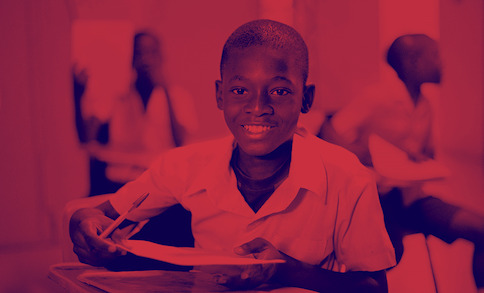

Studies have shown that gender imbalances can have damaging effects on societies and their social structures, with lower ratios of women possibly resulting in higher prevalence of coerced marriages or trafficking of women and girls. Due to sex-selective abortions in countries like Armenia, far more men than women are born, leading to a skewed sex ratio at birth.


Researchers hoping to tackle this face several complex challenges, the fact that abortions are usually forbidden and reporting generally scarce being arguably the most critical. In this research project – developed together with UNICEF Armenia - CCWD set out to understand the social norms driving the preference for sons, finding a new approach to tackling this problem. CCWD’s Sex-selective abortion in Armenia project conducted a study to elicit the cultural and economic drivers of pre-natal sex selection from diverse perspectives. Our research team tried to identify key decision-making family members who may have a distinctive preference for sons and so might support the preferential abortion of females. The project examined, in particular, the perspectives of the husband, the wife, and the husband’s mother.
Relying on randomized control trials – as usually used in medicinal contexts under the name of clinical trials – this project was able to assess the effect of communication campaigns (i.e. public showings of movies with positive gender messages) on such biases. It helped redesign gender-specific abortion initiatives by shedding light on the mechanisms through which beliefs and social norms in a society can be changed. It also renewed the focus on preventing violence, addressing harmful social practices and strengthening structural change for equality and equity.
The loop: gender inequality resulting in the abortion of female babies to have more male children
Breaking the loop: Changing harmful beliefs and reducing sex-selective abortion, leading to greater gender equality
Sex-Selective Abortion in Armenia
Due to sex selective abortions, countries like Armenia have highly skewed sex ratios at birth. In this research project, we are working to understand the social motives driving son preferences.
- StatusClosed
- CountryArmenia
- Program areaGender Equality, Reduced Inequalities, Partnerships
- TopicsReproductive Health
- PartnersUNICEF Armenia
- Timeline2019
- Study typeField Study
Similar
Child Development Study
Longitudinal Study on Child Development Based on Wearable Technologies.
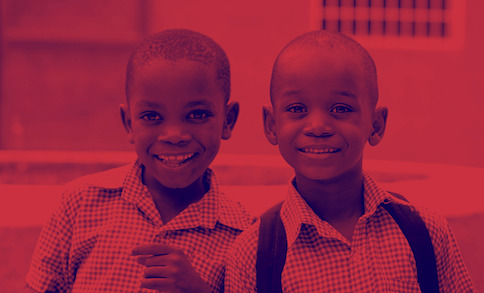
School Closures and Reopening in the Pandemic
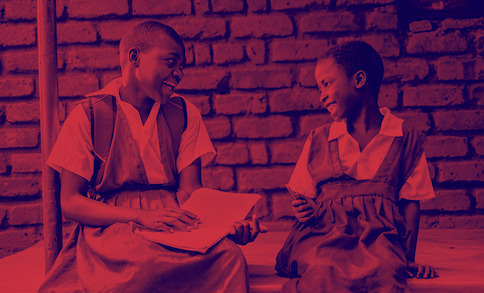
Preventing Student Dropouts in the Pandemic
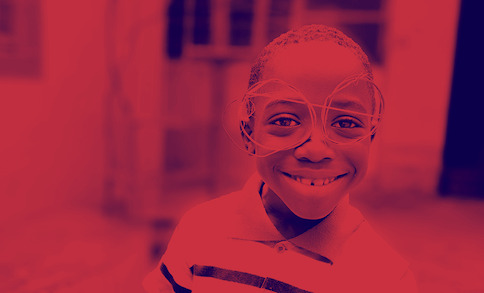
The Growth Mindset Project
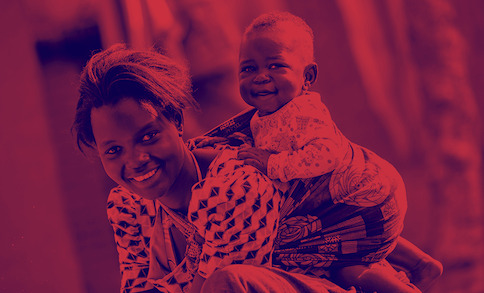
Preventive Health Care in Malawi
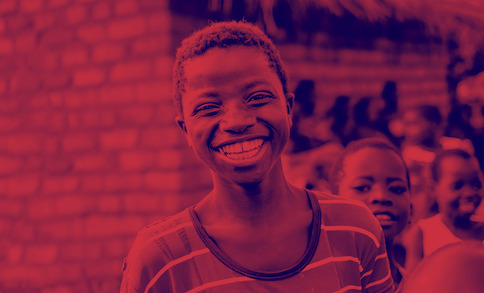
Harmful Practices against Girls in Malawi
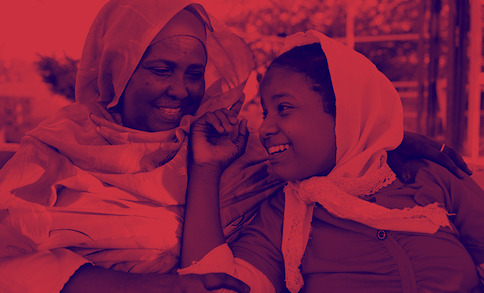
Parental Investment in Children
